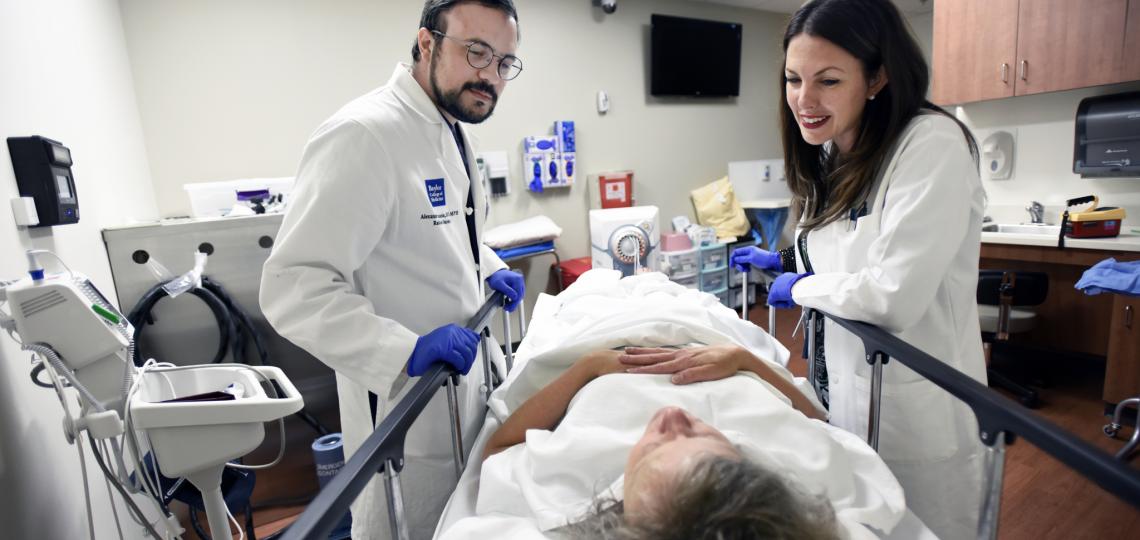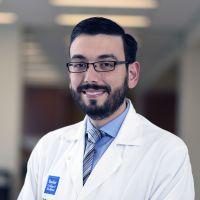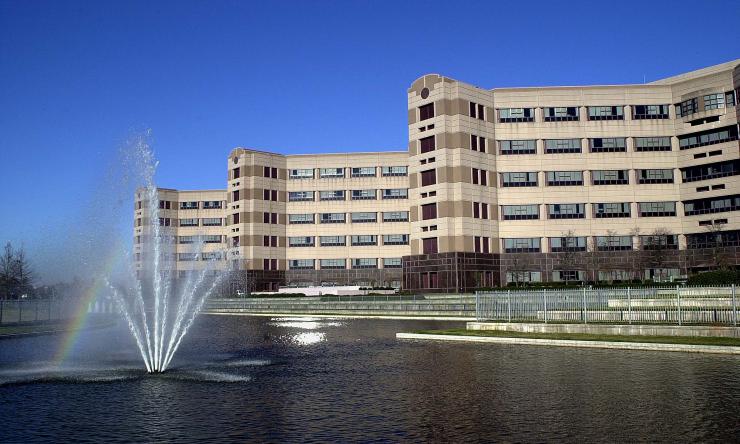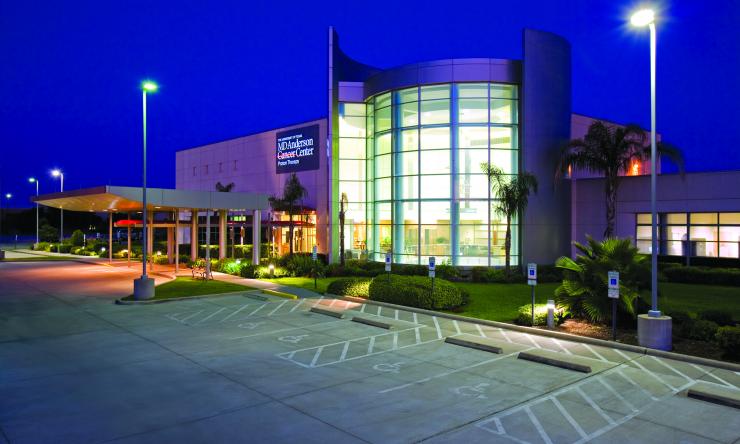
Program Director's Message

Thank you for your interest in our Radiation Oncology training program. Baylor College of Medicine has been at the forefront of clinical practice in radiation oncology. We strive to maintain a diverse, inclusive, and respectful culture of scholarly learning here at Baylor College of Medicine in the heart of the Texas Medical Center, the world’s largest medical complex. Our primary goal is to train strong clinicians who confidently practice evidence-based medicine in a wide range of clinical settings in accordance with the requirements set forth by the Accreditation Council for Graduate Medical Education and the American Board of Radiology. We also focus to educate and encourage resident involvement in basic science, translational, clinical, and cooperative group trials.
Trainees have the opportunity to practice in three distinct clinical environments, treating patients from a diversity of socio-economic and ethnic backgrounds. Harris County Health System is a safety net hospital system with a wide breadth of clinical presentations and rare malignancies. At the Michael E. DeBakey Veterans Affairs Hospital, trainees engage with veterans, who often present with chronic ailments and age-related malignancies. At the Baylor St. Luke’s Medical Center, trainees practice in a traditional private practice like setting. Along with an externship just across the street at The University of Texas MD Anderson Cancer Center to provide training in pediatric radiation oncology and prostate Low Dose Rate brachytherapy techniques, trainees will train become proficient in a wide variety of brachytherapy procedures, treatment planning systems, and radiation delivery techniques. Residents will actively engage in an environment that encourages share of knowledge and experience among residents and faculty, not only within the program, but across multiple other specialties through multidisciplinary conferences.
We value and teach the importance of compassionate, respectful cancer care for all patients. Equally important, we encourage our residents in their personal growth, enabling them to pursue their interests and capitalize on their individual strengths. Our graduates have found careers at competitive academic and private positions. I myself am a Houston native and completed my training here at Baylor College of Medicine. I have felt compelled to continue practicing at Baylor College of Medicine to serve the Houston community and to continue to ensure the highest caliber of training for our residents. It is my focus as program director to ensure that each of our trainees receives a rigorous training experience, enabling them to thrive as the new generation of radiation oncologists wherever they choose to practice in their futures.
The coronavirus pandemic has presented challenges to clinical training programs across the world. Our flexibility and collaborative spirit have enabled us to rise to the challenge in maintaining rigorous, yet safe, patient care and educational focus through partial working-from-home accommodations and all-virtual didactic lectures, tumor boards, and conferences. The safety of our fellows and our patient has always been, and will continue to be, our highest priority. Learn about Baylor College of Medicine’s response to COVID-19.
Alfredo Echeverria, M.D.
Program Director, Radiation Oncology
Admissions and Benefits
Smith Clinic - Harris Health
The Smith Clinic, named in honor of Lester and Sue Smith, is designed exclusively for outpatients requiring specialty care and houses the J. Evans and Mary P. Attwell Radiation Therapy Center.
Michael E. DeBakey VA Medical Center
MEDVAMC Radiation Therapy provides radiation services to veterans in southeast Texas at the VA Medical Center's main campus. This department is also equipped with a CyberKnife system.
MD Anderson Cancer Center
Residents spend three months at MD Anderson Cancer Center where they will gain valuable experience treating pediatric patients at The MD Anderson Proton Therapy Center as well as gain experience with low-dose rate (LDR) permanent seed implants for prostate cancer.












